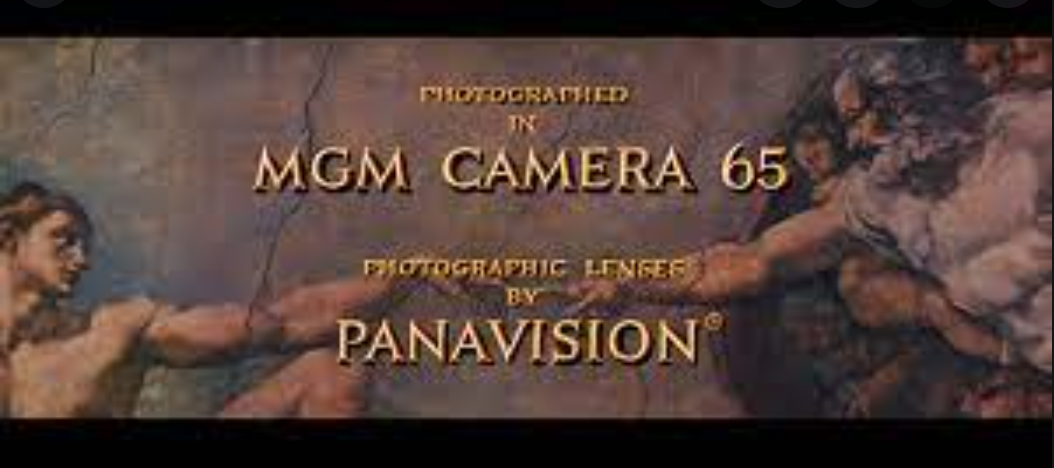The supermarket tabs announcing an imminent Brangelina breakup has been a non-thing for years (glance at and dismiss the check-out headlines in less than two seconds) but once in a blue moon these mustard-gas stories turn out to be right. Or more precisely the National Enquirer nails it. Last December the Enquirer breathlessly bannered a $450 divorcement settlement story (said to be rooted in cheating), but then it was denied two months later. But today legit news orgs said it’s true, and, according to Page Six, the split happened over Angie having learned through a private investigator that Brad was putting the high hard one to Marion Cotillard, his Allied costar. If nothing else this domestic tragedy (their kids Maddox, Pax, Zahara, Shiloh, Knox and Vivienne will suffer bruises) will almost certainly boost Allied‘s box-office, but will it harm or hurt whatever awards-related opportunities it might have? Robert Zemeckis‘ World War II drama, distributed by Paramount, pops on 11.23.








